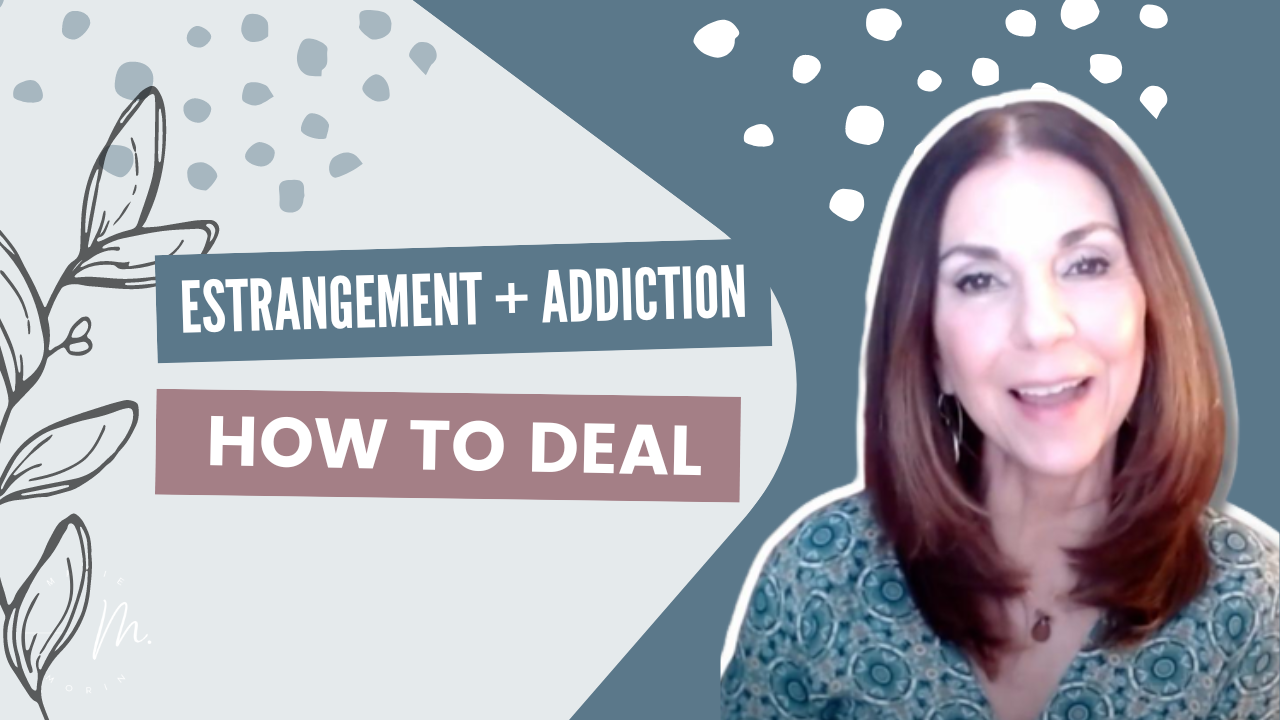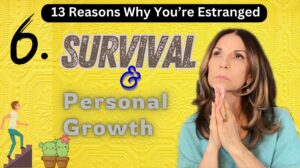Addiction and estrangement are deeply intertwined issues that can profoundly impact individuals and families. Addiction, whether to drugs, alcohol, or other substances, can lead to a breakdown in communication and trust between loved ones. This can result in feelings of isolation, anger, and sadness, ultimately leading to estrangement.
This article discusses Estranged Adult Children and Parents And Addiction (How To Deal With Adult Child Estrangement And Addictions)
Substance Use Disorder
Substance use disorder (SUD) is a medical condition characterized by the repeated use of drugs or alcohol despite adverse consequences. It is a chronic disease that affects the brain and behavior and can lead to physical, psychological, and social problems. A pattern of compulsive drug-seeking behavior often defines SUD. Individuals feel an intense urge to use drugs or alcohol despite adverse consequences such as health problems, legal issues, and strained relationships with loved ones. SUD can also lead to physical dependence, where the body becomes reliant on the substance and experiences withdrawal symptoms when not using.
SUD can impact anyone, regardless of age, gender, or social status. A combination of genetic, environmental, and psychological factors often causes it. Common risk factors for SUD include a family history of addiction, trauma, mental health disorders, and social and economic stressors.
According to DSM-5, 11 criteria point to substance use disorder:
- Using more of a substance than intended or using it for longer than you’re meant to.
- Trying to cut down or stop using the substance but being unable to.
- Experiencing intense cravings or urges to use the substance.
- Needing more substance to get the desired effect — also called tolerance.
- Developing withdrawal symptoms when not using the substance.
- Spending more time getting and using drugs and recovering from substance use.
- Neglecting responsibilities at home, work, or school because of substance use.
- Continuing to use it even when it causes relationship problems.
- Giving up important or desirable social and recreational activities due to substance use.
- Using substances in risky settings putting themselves in danger.
- Continuing to use despite the substance causing problems to your physical and mental health.
With this being the criteria for substance use disorder, the sufferer will have difficulty maintaining normal relationships because of their addiction.
Addiction As A Contributor To Estrangement
Addiction can be a significant contributor to estrangement between family members. When an individual struggles with addiction, their behavior, personality, and priorities can change dramatically. They may become increasingly consumed by substance use, causing them to neglect their relationships with loved ones and prioritize their addiction. As a result, family members may feel hurt, angry, and powerless to help their loved one. They may try to intervene, set boundaries, or offer support, only to be met with resistance or rejection. Over time communication and trust erode, ultimately resulting in estrangement.
Stigma And Addiction
Addiction can lead to isolation and stigma for those struggling with the disease. Many people who suffer from addiction feel ashamed, embarrassed, or judged by others, which can cause them to withdraw from social interactions and avoid seeking help. Isolation can particularly damage those struggling with addiction, exacerbating feelings of loneliness, depression, and anxiety. It can also make it more difficult for individuals to access the support and resources they need to overcome addiction. Society often views addiction as a moral failing or a weakness rather than a legitimate medical condition. This stigma can lead to discrimination, social ostracism, and even criminalization of those with addiction. It is crucial for society to recognize addiction as a legitimate medical condition and to treat those struggling with addiction with compassion, empathy, and respect. By reducing stigma and providing support, we can help more individuals overcome addiction and lead fulfilling healthy lives.
Navigating Estrangement And Addiction
When a family member is struggling with addiction, it is common for loved ones to feel scared and overwhelmed. Navigating an estranged adult child with addiction can be difficult and complex. It is essential to be aware of the lasting effects of addiction on the adult child and be informed on how addiction affects relationships. It is also essential to consider the emotional toll of the situation and to take steps to ensure that both parties are respected and that the relationship is not set up for rejection. Below are four tips for navigating estrangement and addiction with an adult child:
- Set boundaries: While it is important to maintain a supportive relationship with your child, it is also essential to set clear boundaries to protect yourself from harmful behavior. For example, you may need to limit financial support and refuse to enable addictive behavior.
- Educate yourself about addiction: Learn as much as you can about addiction, including the physical and psychological effects it can have on individuals. This knowledge can help you understand your child’s behavior and better support them through their recovery.
- Empathize: Let them know that you are there to support them through their recovery, but also be willing to have difficult conversations about their behavior and its impact on the relationship.
- Seek support: Taking care of yourself is key. Consider seeking support from a therapist or support group to help you navigate the emotional toll of having a child with addiction.
When a parent is estranged from their adult child, it can be incredibly stressful and emotionally consuming not knowing how they are doing. This uncertainty can cause a significant amount of anxiety, distress, and feelings of guilt, shame, and helplessness. Understand that your adult child may not be ready or willing to reconcile or communicate in any way, and it is essential to respect their decision and focus on your healing and well-being. It is vital to remember that you cannot control the actions or decisions of others, but you can control how you respond to the situation and take steps to take care of yourself.
Conclusion
Addiction is a complex issue, and recovery is not always a linear process. It is crucial to approach the situation with empathy and compassion while setting clear boundaries and caring for yourself. Estrangement is already heartbreaking, and with the addition of substance use disorder, it may feel like there is no end in sight. Rely on self-care and support, knowing you are not alone in this difficult challenge. This article discusses Estranged Adult Children And Addiction (How To Deal With Adult Child Estrangement And Addictions).






